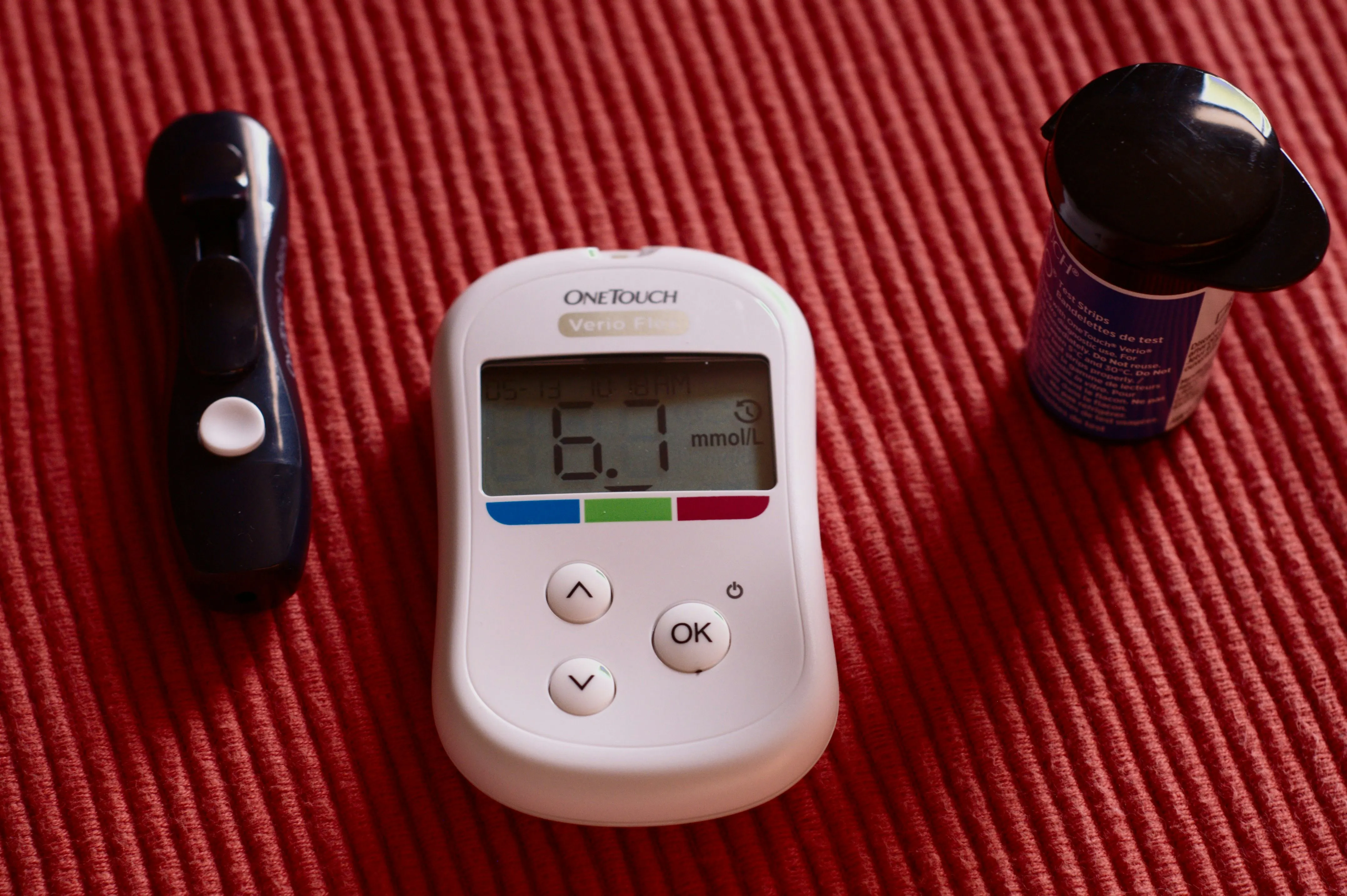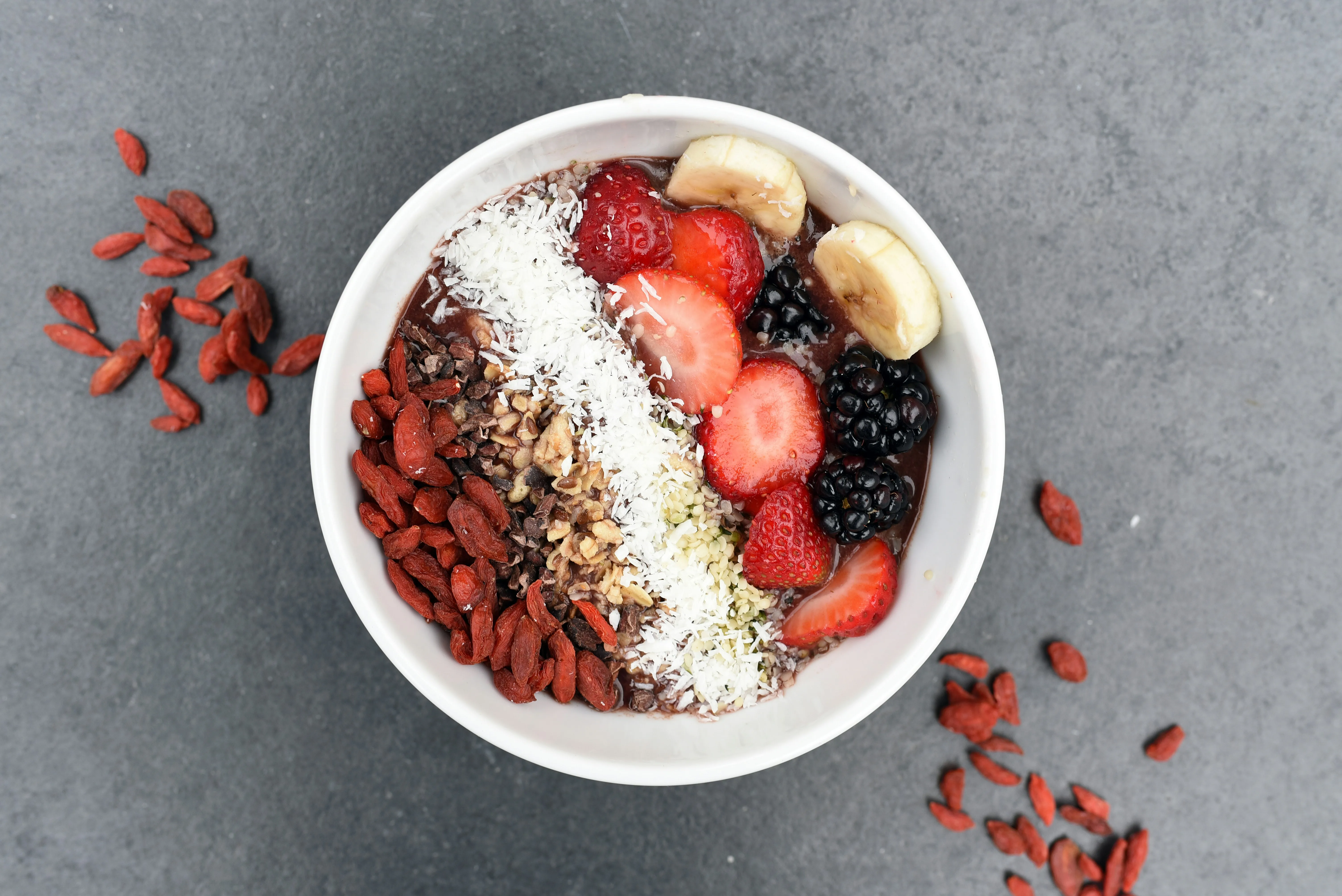
Balancing Act: Top Tips to Keep Your Blood Sugar Levels in Check
Maintaining stable blood sugar levels is crucial for overall health and well-being. Fluctuations in blood sugar can not only impact energy levels and mood but also have long-term effects on your health. Here are some expert tips to help you keep your blood sugar levels in check and promote a healthier lifestyle:
1. **Eat a Balanced Diet:** Focus on whole, nutrient-dense foods like fruits, vegetables, whole grains, lean proteins, and healthy fats. Avoid sugary snacks and processed foods that can cause spikes in blood sugar.
2. **Stay Hydrated:** Drink plenty of water throughout the day to support proper hydration and help regulate blood sugar levels.
3. **Exercise Regularly:** Physical activity is key to managing blood sugar levels. Aim for a mix of cardio and strength training exercises to keep your body healthy and active.
4. **Monitor Your Levels:** Regularly check your blood sugar levels as recommended by your healthcare provider to track any fluctuations and make necessary adjustments to your lifestyle or treatment plan.
5. **Manage Stress:** High stress levels can contribute to blood sugar spikes. Incorporate stress-reducing activities like meditation, yoga, or deep breathing exercises into your daily routine.By incorporating these tips into your daily routine, you can take proactive steps towards maintaining optimal blood sugar levels and promoting a healthier lifestyle. Remember, small changes can lead to significant improvements in your overall well-being.CopyMore BriefMore DetailedGreat!Nah!
Regenerate



Top 10 tips for a Healthy Lifestyle
According to statistics from the U.S. Census Bureau, there are approximately 76.4 million baby boomers residing in the United States, representing individuals born between 1946 and 1964. Thanks to advancements in medical science, more seniors are enjoying extended lifespans. Given the myriad benefits that healthy living offers older adults, it's valuable to acquaint oneself with strategies for embracing a healthier lifestyle. If you're eager to enhance your quality of life, continue reading for insightful guidance.
1. Kick the Habit: Cease SmokingNow is an opportune moment to bid farewell to smoking if you are a current smoker. By breaking free from this habit, you can lower your risks of aging-related ailments, cancer, heart issues, and strokes. Quitting smoking can significantly enhance your overall health and well-being. For men, smoking can lead to erectile dysfunction due to atherosclerosis. Consult your physician to explore the most effective smoking cessation methods, such as medications, nicotine replacement therapy, or counseling.
2. Embrace Physical ActivityMake it a daily priority to engage in at least 30 minutes of exercise. There are numerous exercise options to help you bolster your balance, flexibility, strength, and cardiovascular health. Regular physical activity facilitates weight management, promotes better sleep, strengthens your body to reduce fall risks, and aids in stress management for improved mental health.
3. Prioritize Nutritious Eating HabitsMaintaining a healthy diet is key to fostering a robust lifestyle. Focus on consuming a well-rounded diet consisting of fresh fruits, vegetables, lean proteins, whole grains, and healthy fats. Portion control is crucial based on your size, age, and health status. A healthy diet combined with regular exercise can help prevent various conditions like heart disease, hypertension, osteoporosis, and type 2 diabetes.
4. Manage Your WeightDid you know that being overweight raises the likelihood of developing conditions like diabetes, heart disease, and hypertension? Sustain a healthy weight by eating nutritiously and exercising consistently. Calculate your ideal weight using tools like the Kaiser Permanente BMI calculator based on your height. Opt for hydrating water over sugary beverages to trim excess calories.
5. Mitigate Fall RisksReduce the chances of falling by implementing simple precautions such as decluttering your living space, using night lights, securing electrical cords, and installing handrails. Wear supportive footwear indoors instead of going barefoot to prevent slips and falls.
6. Schedule Regular Checkups and immunisations. Routine medical checkups are imperative for maintaining a healthy lifestyle and detecting potential health issues promptly. Women aged 50 and above should undergo mammography screenings for breast cancer, while men should monitor prostate health. Stay updated on immunisations to safeguard against serious illnesses like shingles and seasonal flu.
7. Safeguard Against Skin CancerAs skin undergoes changes with age, protect yourself from skin cancer by applying sunscreen with SPF 30 or higher and limiting sun exposure. These measures shield you from harmful UV rays that contribute to skin cancer and premature aging.
8. Regularly Consult Your Hearing Specialist, Dentist, and OptometristPreserve your hearing by visiting an audiologist for assessments and necessary aids. Maintain oral health by practicing good dental hygiene and attending biannual dental cleanings. Monitor changes in vision by scheduling yearly eye exams to detect issues like cataracts and glaucoma.
9. Manage Stress LevelsExplore stress-relief techniques like drawing, exercising, gardening, meditation, or socializing until you discover what works best for you. Cultivating a positive mindset can enhance your overall well-being and outlook on life.
10. Pursue Your PassionsDespite aging, continue engaging in activities that bring you fulfillment and joy. Whether it's learning a new skill, adopting a pet, playing golf, joining a community group, or exploring creative pursuits, find ways to enrich your life and embrace each day to the fullest.In light of advancements in healthcare and technology, individuals are living longer lives than ever before. By implementing these ten tips, you can take proactive steps towards improving your health and enjoying a high quality of life.CopyMore BriefMore DetailedGreat!Nah!
Regenerate
Foods That Fuel Your GLP-1: A Nutritional Approach to Blood Sugar Balance
When it comes to maintaining healthy blood sugar levels, the role of GLP-1 (Glucagon-Like Peptide 1) cannot be overstated.
This gut hormone plays a crucial role in regulating insulin release, slowing down digestion, and promoting a feeling of fullness. By focusing on foods that stimulate the production of GLP-1, you can support your body's natural ability to balance blood sugar levels effectively.
Here are some nutrient-rich foods that are known to fuel your GLP-1 production and promote better blood sugar balance:1.
**Leafy Greens:** Spinach, kale, and other leafy greens are rich in nutrients and fibre, helping to stimulate the release of GLP-1.2.
**Berries:** Blueberries, strawberries, and raspberries are packed with antioxidants and fibre, which can support healthy blood sugar levels and promote GLP-1 production.3.
**Legumes:** Beans, lentils, and chickpeas are excellent sources of protein and fibre, making them ideal choices for regulating blood sugar and supporting GLP-1 release.4.
**Omega-3 Fatty Acids:** Foods like fatty fish, chia seeds, and walnuts are rich in omega-3 fatty acids, which have been linked to improved insulin sensitivity and GLP-1 production.5.
**Cinnamon:** This flavorful spice has been shown to help lower blood sugar levels and may also support the release of GLP-1 in the body.
Incorporating these nutrient-dense foods into your diet can help you harness the power of GLP-1 to maintain stable blood sugar levels and support your overall health. Remember, making small, consistent changes to your eating habits can have a significant impact on your well-being in the long run.

Unlocking Vitality: The Significance of Holistic Health for a Thriving Life

Vision Health
Regular vision check-ups are crucial for maintaining optimal eye health and overall well-being. Detecting vision problems early can prevent further deterioration and ensure timely treatment. Good vision is essential for daily activities, work performance, and quality of life. Prioritizing regular eye exams can safeguard your vision and preserve your precious sense of sight.

Dental Health
Maintaining good dental health is vital for overall well-being. Poor oral hygiene can lead to various health issues, including gum disease, tooth decay, and even systemic conditions like heart disease. Regular dental check-ups and proper oral care not only ensure a healthy smile but also contribute to overall health and a confident, vibrant life.

Prostate Health
Maintaining good prostate health is essential for men's overall well-being. Prostate issues, like enlargement or cancer, can impact urinary function and quality of life. Regular screenings and adopting a healthy lifestyle can help prevent or detect problems early. Prioritizing prostate health promotes longevity, vitality, and peace of mind for men.
© 2024 Healthiest Living Habits. All Rights Reserved.
Disclaimer: This site is provided for educational purposes only. Always consult a healthcare professional before implementing anything new or any strategy discussed on this website. This site is not a part of Google Inc. or Google.com, nor is it sponsored or endorsed by Google. YouTube is a trademark of Google Inc.
